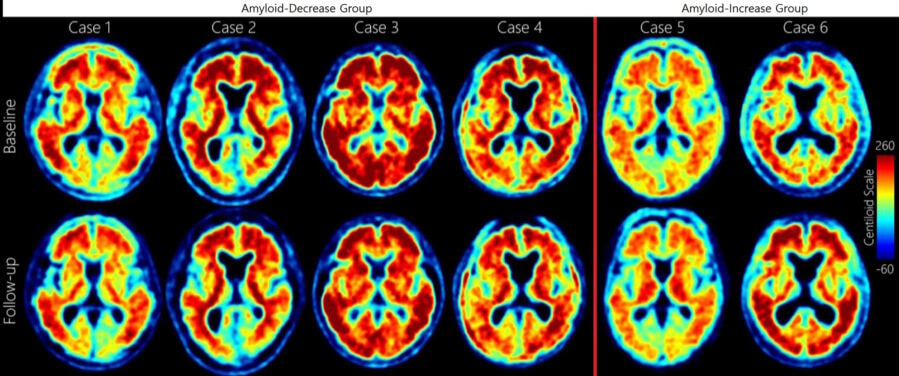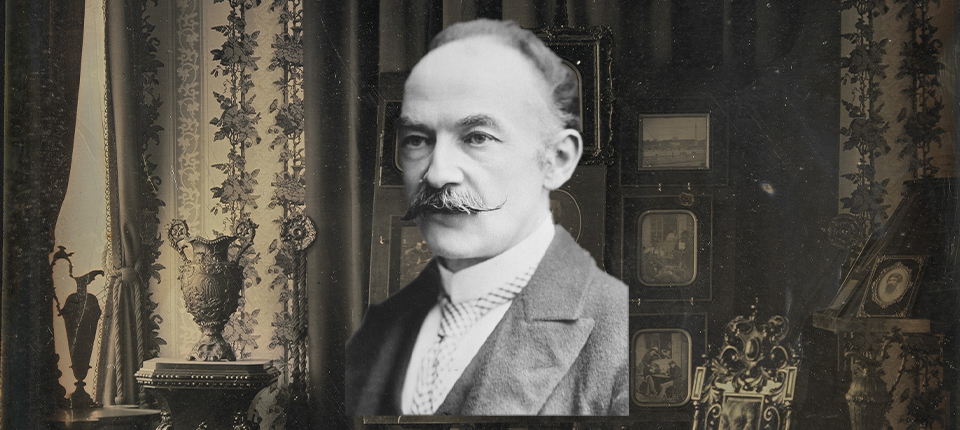A new study has demonstrated that focused ultrasound alone could help treat Alzheimer’s disease, marking a potential breakthrough that doesn’t require medication. The research, published in the Journal of Neurosurgery, shows that this noninvasive technique can reduce harmful brain proteins and improve behavioral symptoms in patients.
In what represents the largest treatment area yet attempted, researchers temporarily opened the blood-brain barrier in bilateral frontal lobes of patients’ brains using focused ultrasound. The treatment volume was twice as large as previous trials, reaching 43.1 cubic centimeters.
Promising Results
“The results of this small study are encouraging, exciting, and provocative but have to be confirmed by larger studies,” explains Neal Kassell, MD, founder and chairman of the Focused Ultrasound Foundation. “Alzheimer’s research has remained relatively stagnant over the past few decades, but focused ultrasound offers hope in a field that has long sought innovative solutions and has the potential to disrupt the course of this devastating disease.”
The clinical trial, conducted in Seoul, Korea, treated six female patients aged 50 to 85. Each participant received three treatments at two-month intervals. Five of the six participants (83%) showed improvements in neuropsychiatric symptoms such as delusions, agitation, irritability, and anxiety.
Breaking Through Barriers
The technique works by temporarily opening the blood-brain barrier – a natural defense that typically prevents substances from entering the brain. By creating controlled openings in this barrier, the treatment may help the brain clear out harmful amyloid plaques associated with Alzheimer’s disease.
In four of the six participants, researchers observed a measurable decrease in these amyloid plaques. The treatment was accomplished without any serious adverse effects, demonstrating its safety for patients.
Looking Ahead
Building on these promising results, researchers are already planning a follow-up study to investigate even larger treatment volumes and explore combining the ultrasound technique with drug delivery. The goal is to optimize treatment outcomes for Alzheimer’s patients.
“We developed this protocol to provide optimal benefit and to test the use of focused ultrasound in larger regions of the brain that are affected by Alzheimer’s disease,” notes Dr. Jin Woo Chang, professor of neurosurgery at Korea University Anam Hospital, who led the study in collaboration with neurologists from Yonsei University.
The research was published in the Journal of Neurosurgery.
If you found this piece useful, please consider supporting our work with a small, one-time or monthly donation. Your contribution enables us to continue bringing you accurate, thought-provoking science and medical news that you can trust. Independent reporting takes time, effort, and resources, and your support makes it possible for us to keep exploring the stories that matter to you. Together, we can ensure that important discoveries and developments reach the people who need them most.






















































